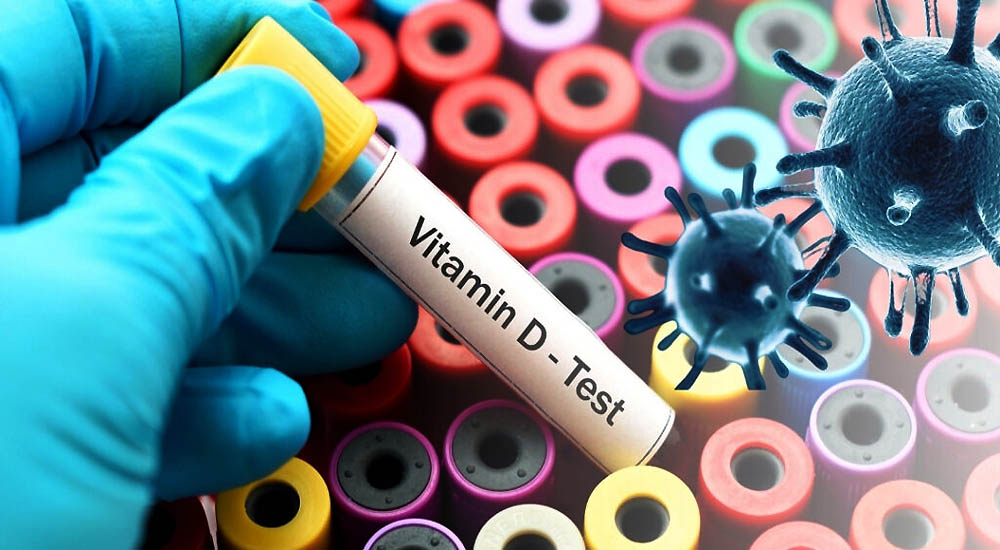Does Gluten Intolerance Cause Other Food Allergies?

Does gluten intolerance (inclusive of both celiac disease and gluten sensitivity) cause one to develop more food intolerances? The answer is definitely yes, but perhaps not in the way that you think.
What Happens When You React to Many Foods?
A reader asked me the following question:
“I have been very ill and have dropped down 4 sizes over 4 months and am still unable to manage to even keep much of any gluten-free food down at the moment. I am going for a scope [endoscopy] soon to determine what kind of damage has been done to my bowels…My diagnosis went from IBS [irritable bowel syndrome] to a skin test which showed that I am allergic to wheat and barley and …I began consuming a lot of apples as snacks once I learned that I was gluten intolerant and developed an allergy to them as well…I read that when you consume too much of one food that your body can develop an intolerance to it-especially once you react to gluten…can you please explain why this happens… Thank you so much for the information and help that you provide on a consistent basis!”
This is an excellent question and I wanted to write a unique post to address the important issue she raises as I see it commonly. Let’s explore this a bit more deeply.
What’s the Difference Between an Allergy & a Sensitivity?
One develops allergic symptoms due to the immune system “labeling” something as a toxin or foreign invader.
In a classic allergic response, the reaction is often immediate and dramatic -those suffering from peanut allergies are a perfect example. The reaction is so intense as to be life-threatening for some. This reaction is created by a specific immunoglobulin (a protein designed to fight toxic or foreign substances) named immunoglobulin E or IgE for short. This is the type of allergic reaction that a scratch test would identify.
Why “Scratch Tests” Don’t Work for the Gluten Intolerant Individual
Note that celiac disease and gluten sensitivity are not moderated by IgE, they are not the same as having a wheat allergy and will not show positive on a scratch test.
This can be a source of confusion when a patient wants to be tested for gluten intolerance but instead asks their doctor for a wheat allergy test. They are not remotely the same thing.
Those suffering from IgE initiated food allergies tend to know it because they react rather dramatically and quickly to the offending food.
Celiac and gluten sensitivity are mediated by the immunoglobulins A and G, and those are measured in lab tests for both conditions. These types of reactions can vary dramatically in their time frame of reaction – from several hours to several days after ingestion of the offending food.
Why & How Other Food Intolerances Develop
How does gluten intolerance result in other intolerances developing?
Gluten creates a leaky gut due to the damage and inflammation it causes to the lining of the small intestine. The “leakiness” is due to a reaction of the immune system, which over time, creates a loss of integrity of the small intestinal lining and it becomes more permeable, or leaky, to substances that a normal small intestine would keep within its lining. This not only results in partially digested gluten leaving the small intestine but it also allows a host of other partially digested foods to leave through that overly permeable small intestine.
The permeable small intestine allows a variety of substances to enter the bloodstream that wouldn’t normally be present. In this person’s example, she states that she began to consume a lot of apples and now believes she’s developed an intolerance to them.
Stepping back and reading her entire comment, it does sound as if she has celiac disease or gluten sensitivity. Her testing should give her more information but I am suspicious based on her symptoms. If my suspicion is correct then the likelihood of her having a leaky gut is high and it explains her “intolerance” to apples.
The good news is that the reaction is less a problem with apples themselves than it is with the fact that her bloodstream’s immune system is coming in contact with partially digested food. You see, the apple could actually be any food she was eating frequently.
What Can You Do?
This scenario is a common one that we see a great deal of in our patients. The correct treatment epitomizes our philosophy here at Root Cause Medical. In fact, the Root Cause Medical Clinic Method focuses on getting to the underlying root cause of a problem rather than just treating the symptom itself.
In other words, when a person starts developing reactions to foods that they never had before, the correct step is to discover why not simply remove the food thinking that it is the problem.
It would be like having a paper cut and then squeezing a lemon. The lemon would burn the cut but is the burning the lemon’s “fault” or is the actual problem the cut? Would the burning that the lemon caused mean that you should never touch another lemon? Of course not.
Similarly, the true culprit for this person isn’t the innocent apple, but rather the leaky gut that is preventing the proper digestion of food. If she stopped eating apples and began to eat more oranges, it is likely that the same thing would happen.
Heal the Leaky Gut!
I have seen many patients who had whittled their diet down to only a few foods because they found themselves intolerant to so many things in their diet. It is rewarding to reveal the true cause, a leaky gut, and when that is healed find that the patient can start to reintroduce foods that were problematic in the past.
But please remember that gluten and dairy are typically the culprits and thus far in my experience, cannot be reintroduced in any quantity. The takeaway here is that we now have another set of symptoms to add to the long list of those associated with gluten intolerance.
If you or someone you know seems to be developing an increasing intolerance to foods, it is likely they are gluten intolerant. If that is the case, in addition to eliminating gluten from the diet, they need to heal the gut completely. A measure of this occurring will be the ability to reintroduce the problematic foods with a good result.
Do you need help with your health?
We have the diagnostic and testing tools, the clinical experience, and a different medical approach to discovering the root cause of why you have the symptoms that are bothering you. As long as you are ready to make some dietary and lifestyle changes, we can help you. We will "hold your hand" through the changes, step by step, to make each step an easy one. We are located in Clearwater, FL, at 1000 S Ft Harrison, at the corner of Ft. Harrison Ave. and Magnolia St. There is plenty of parking space directly accessible from Ft Harrison. If it is not convenient for you to come to Root Cause Medical Clinic, we offer telehealth/telemedicine consultations to residents of certain states. Call us for details.
Contact us for a Consultation – Call 727-335-0400

Dr. Vikki Petersen DC. CCN
Founder of Root Cause Medical Clinic
Certified Functional Medicine Practitioner
Dr Vikki Petersen is a public speaker, author of two books, several eBooks and creates cutting edge content for her YouTube community. Dr Vikki is committed to bringing Root Cause Medicine and its unique approach to restoring health naturally to the world.
Ask a Doctor
Have a health concern you'd like to speak with a doctor about? Or just want clarity on a subject? Ask Us!


